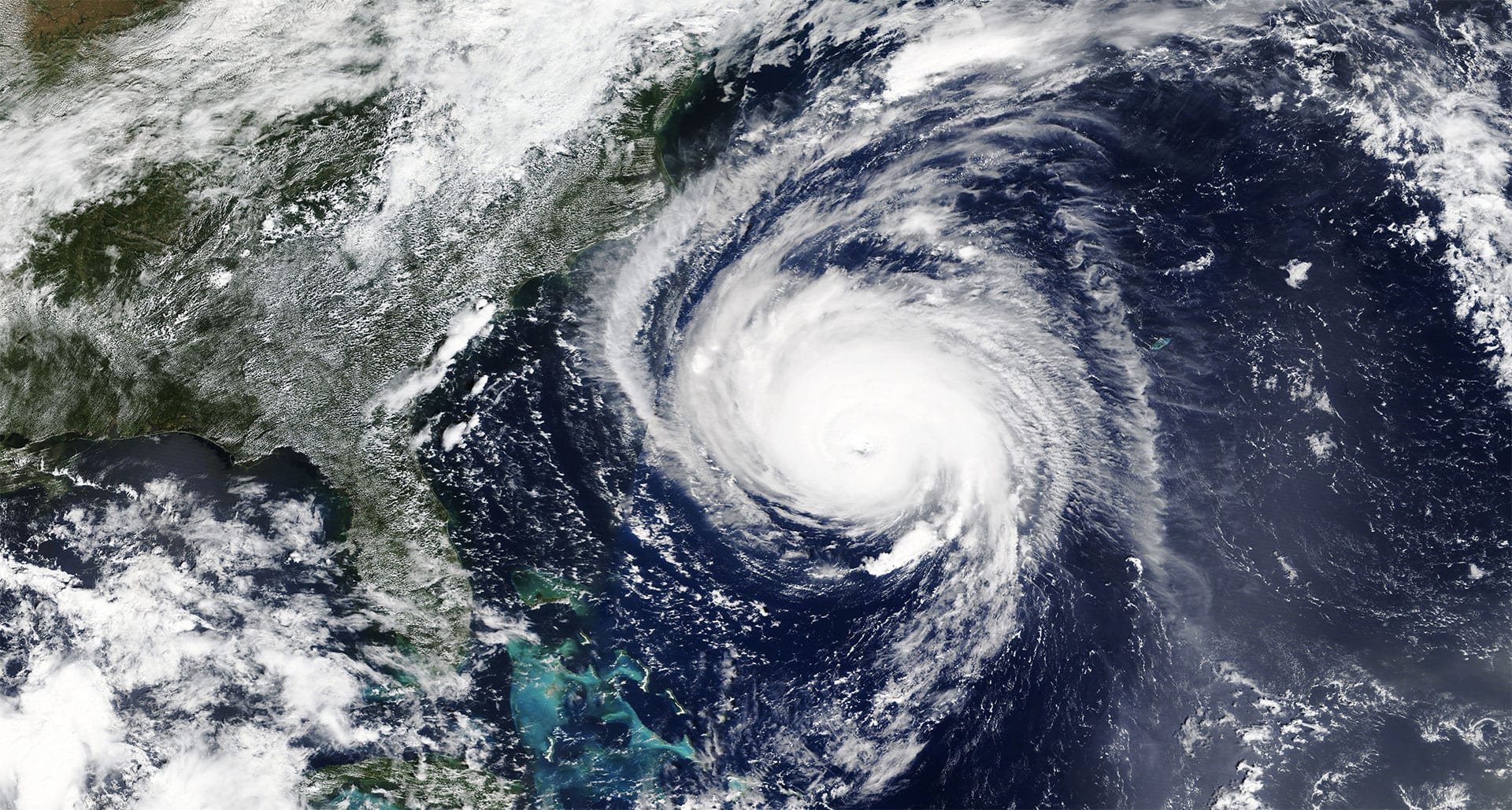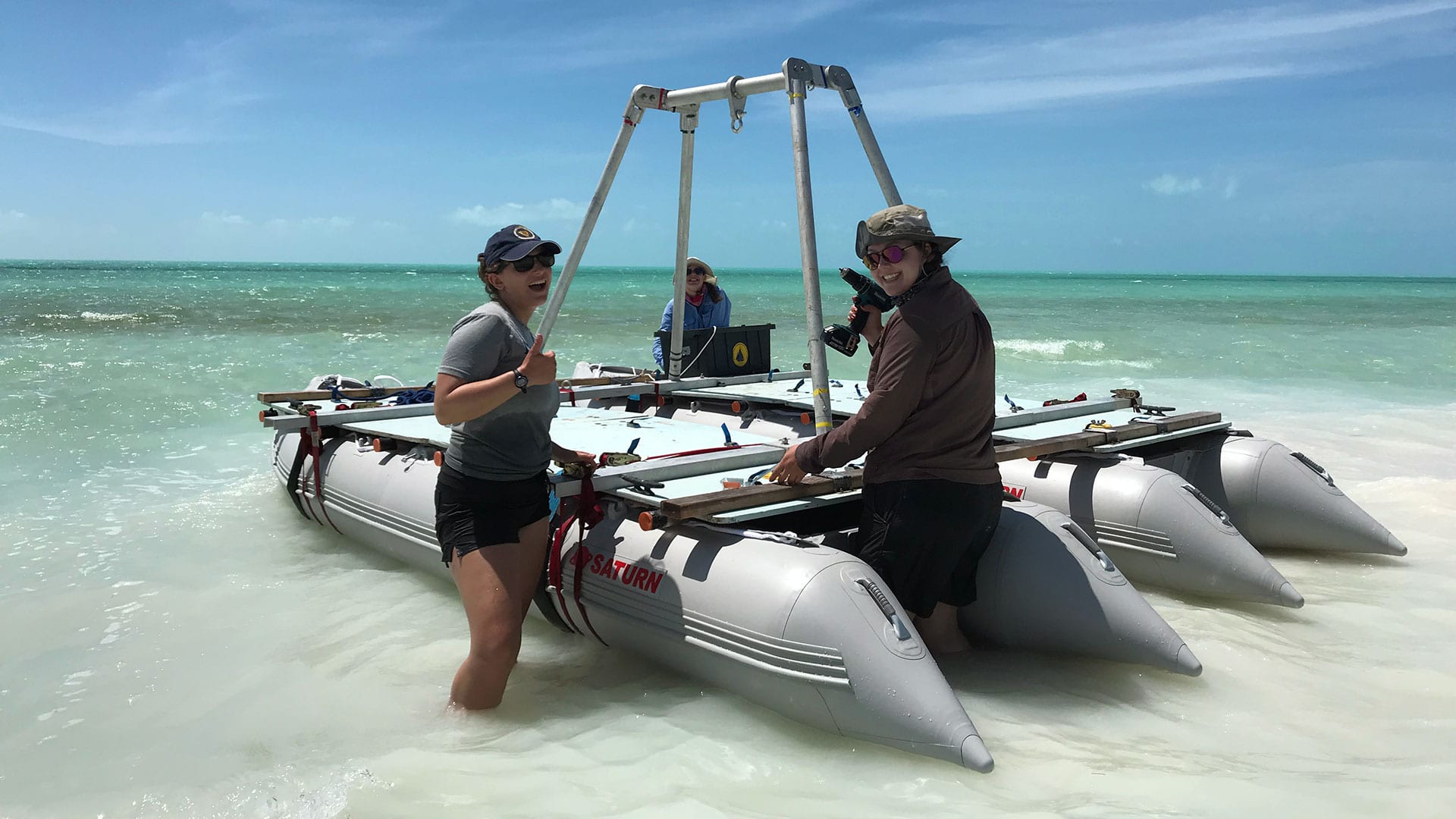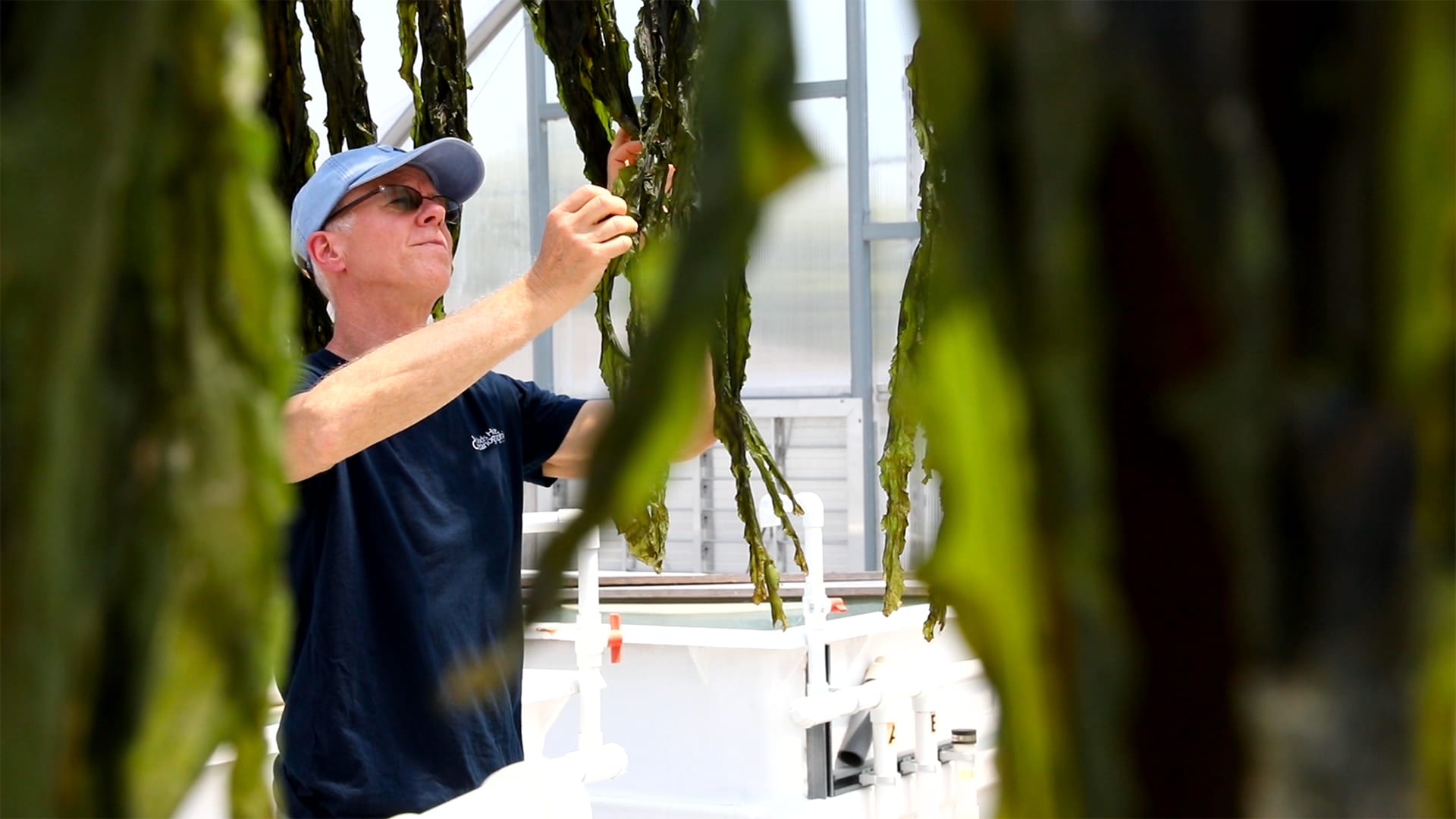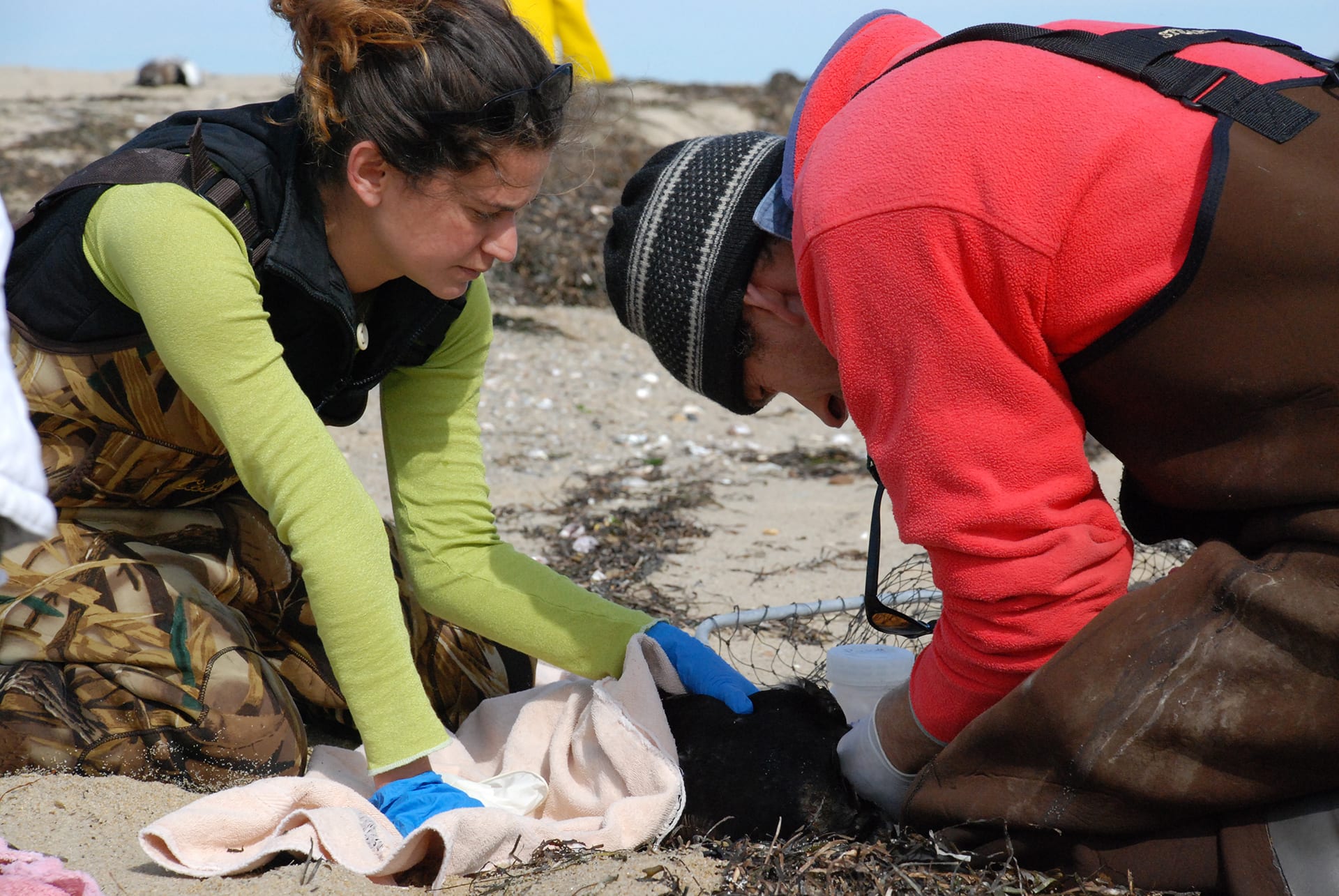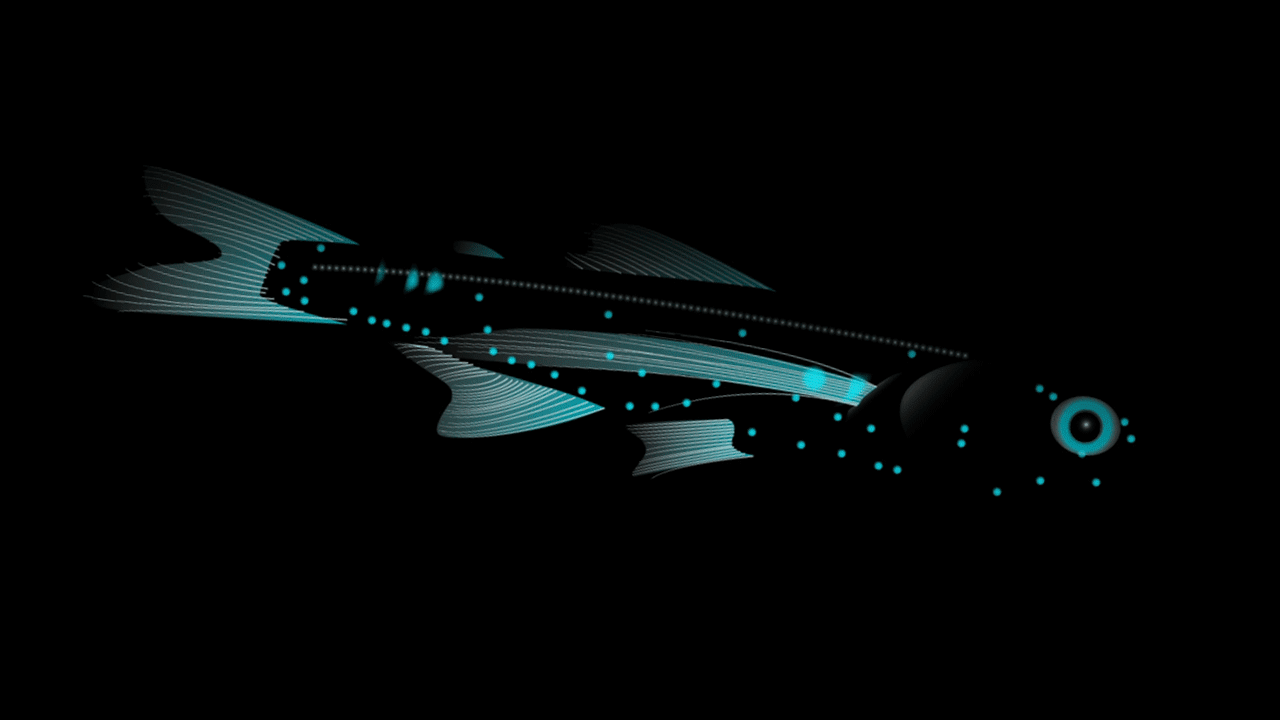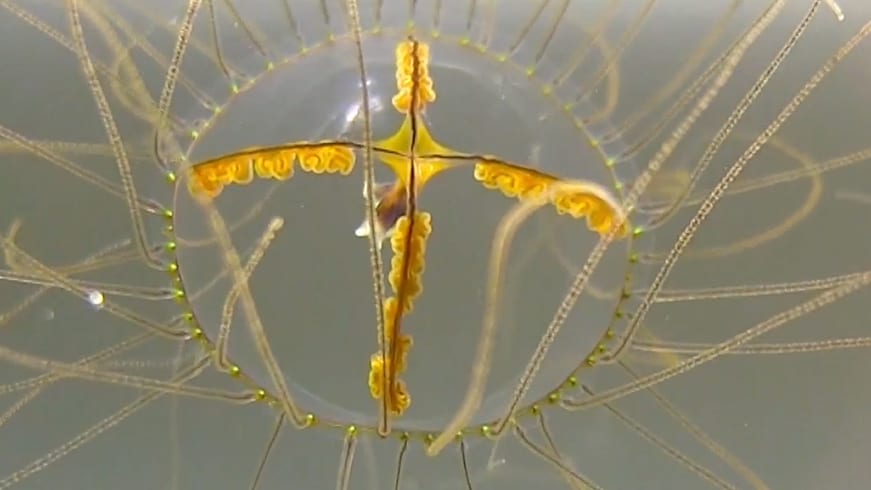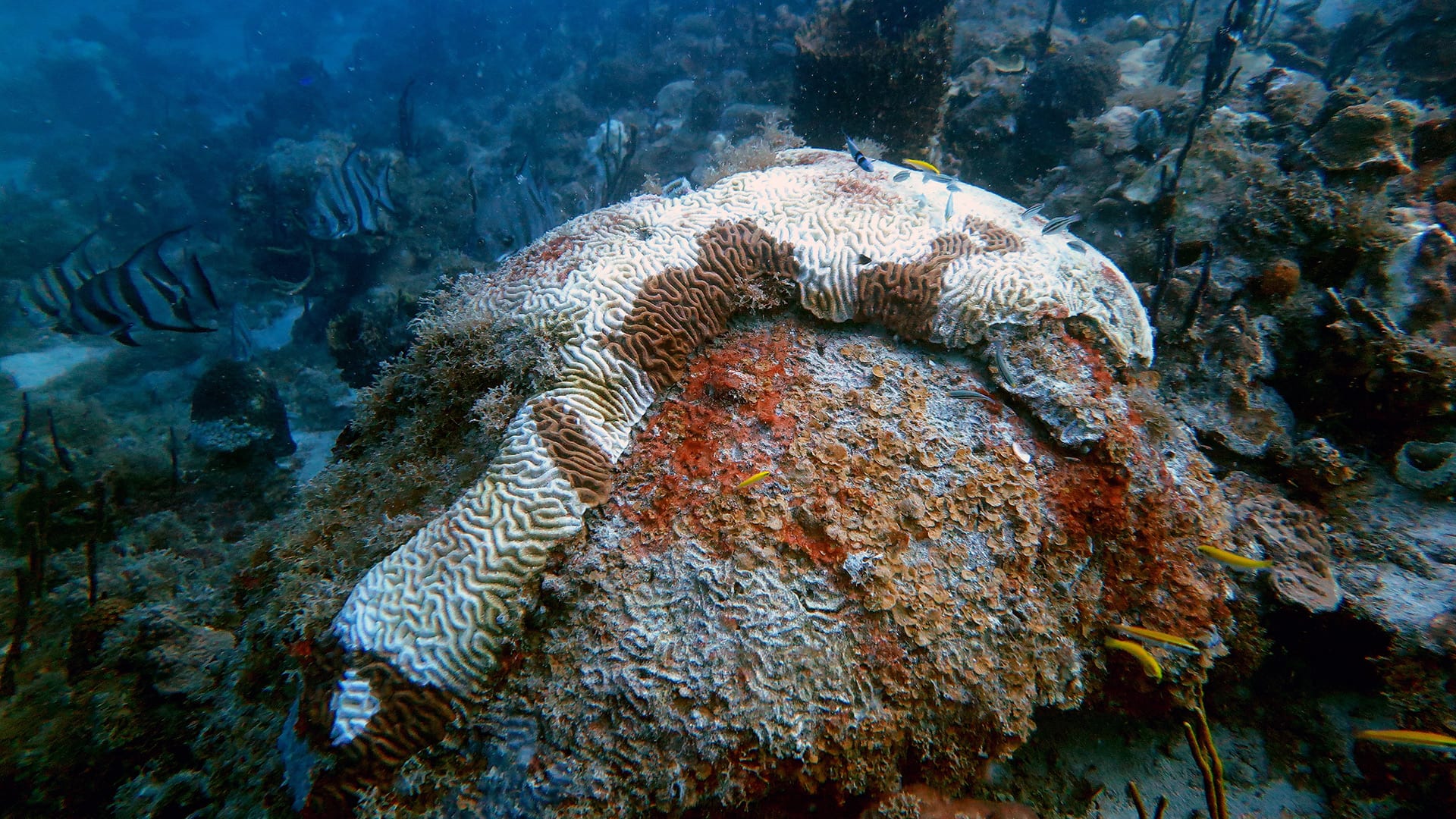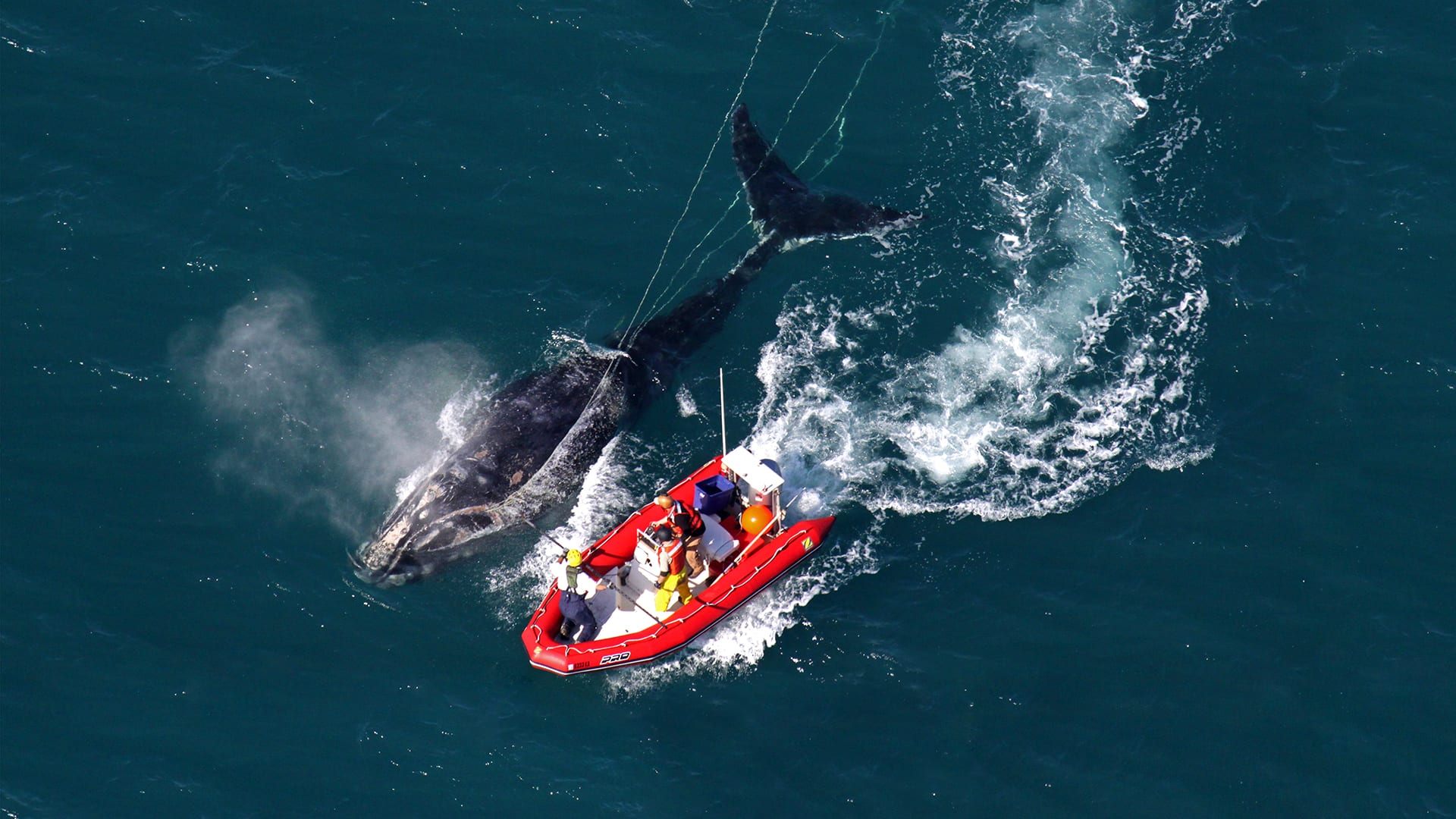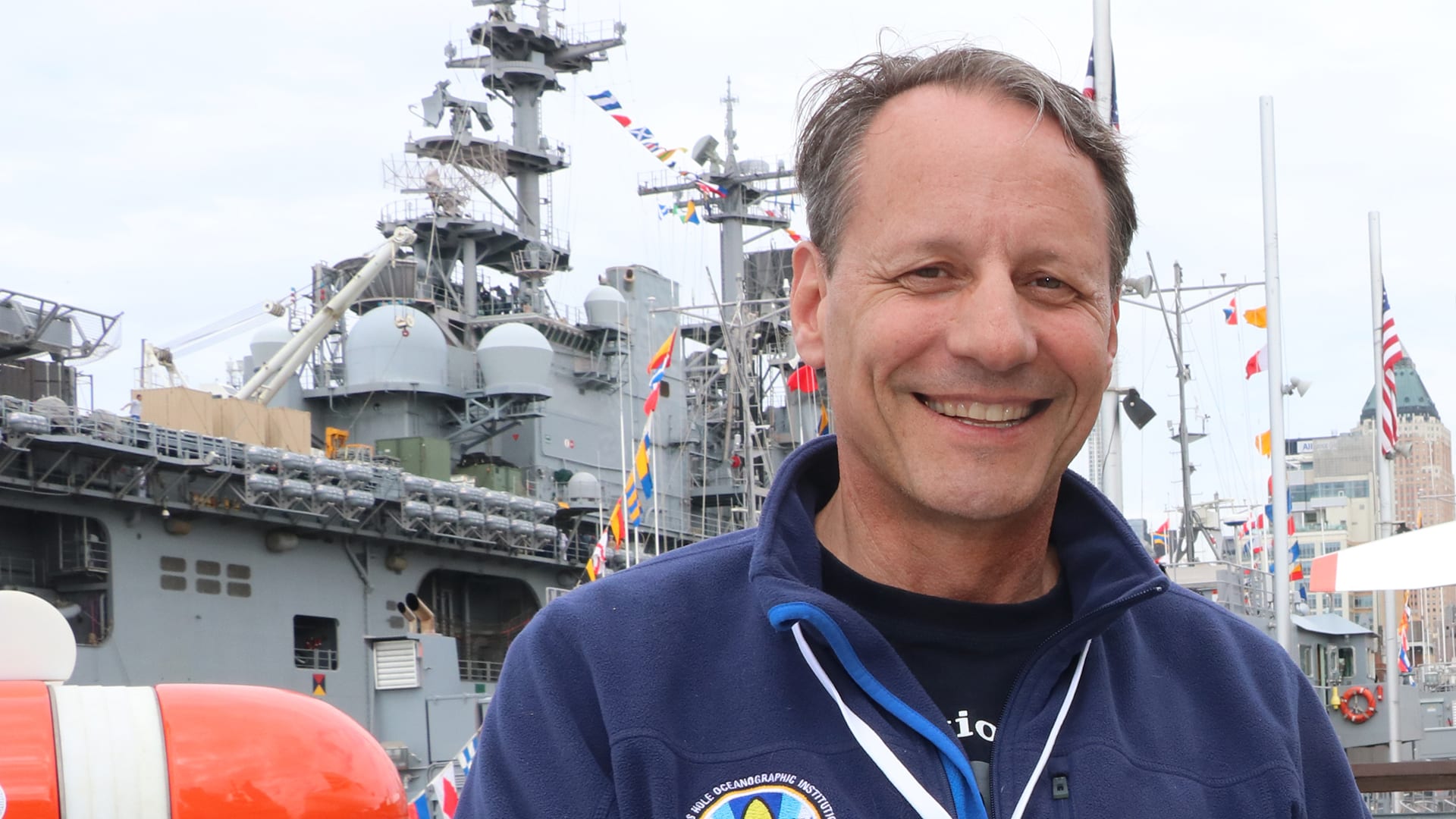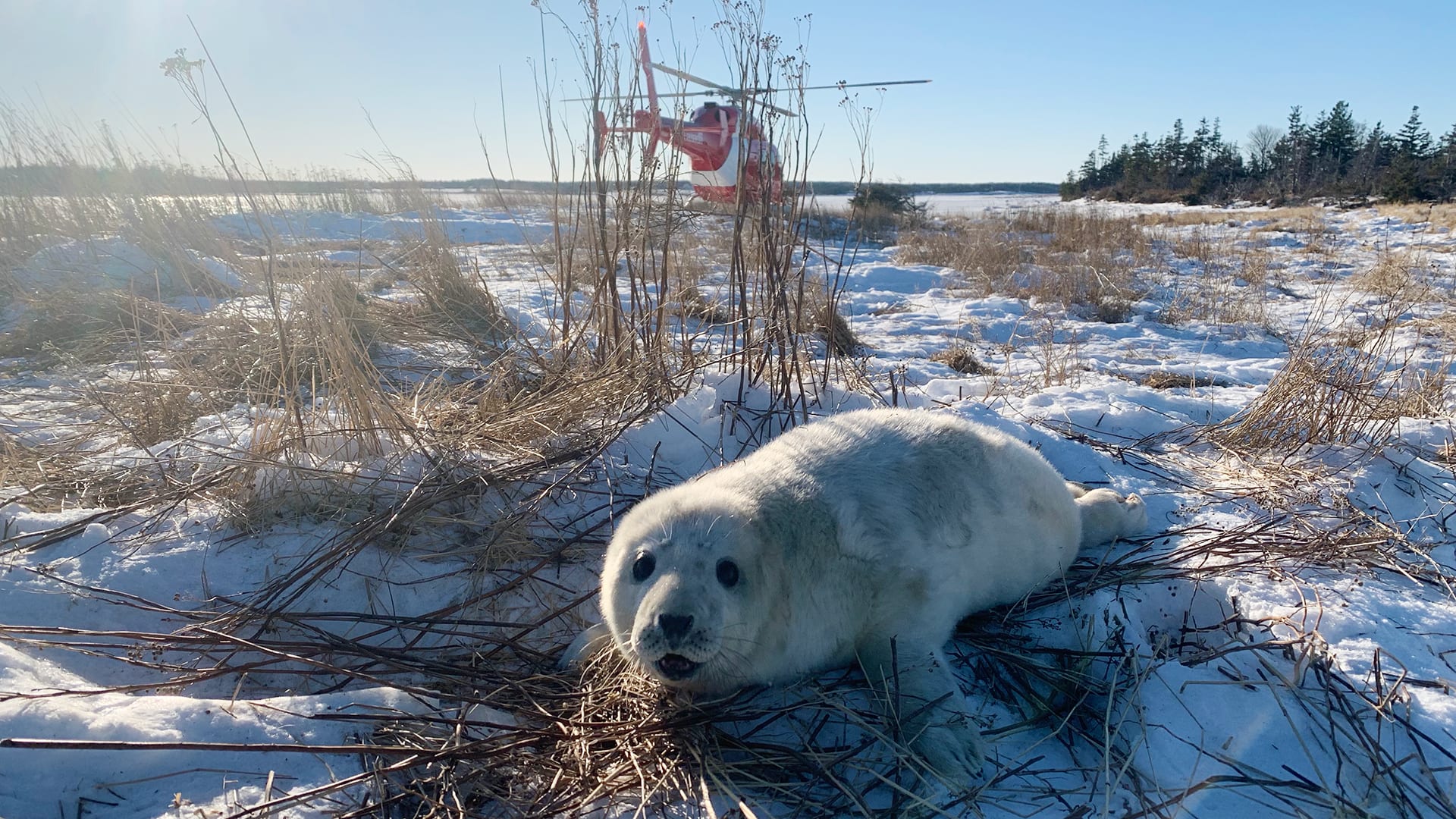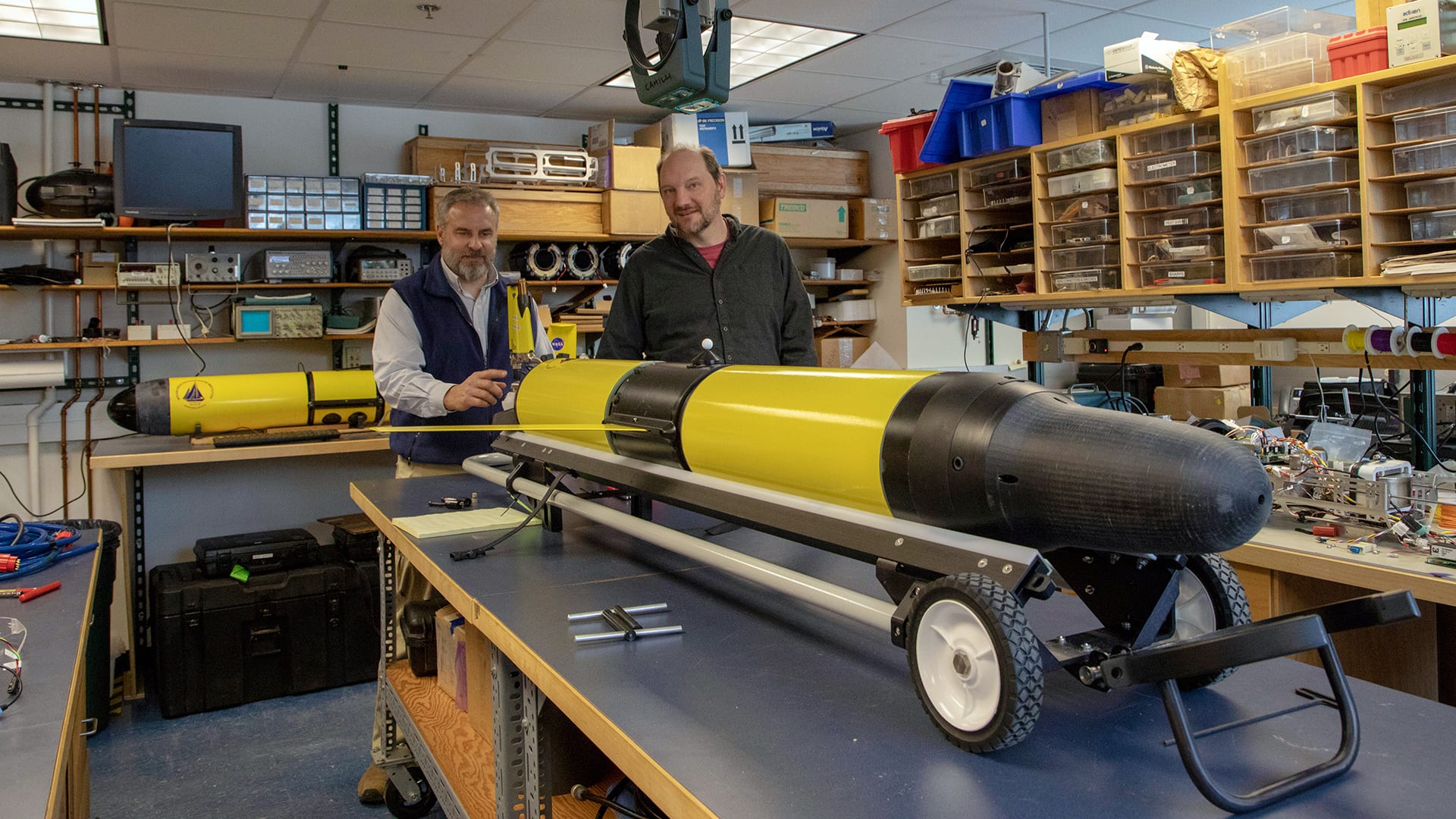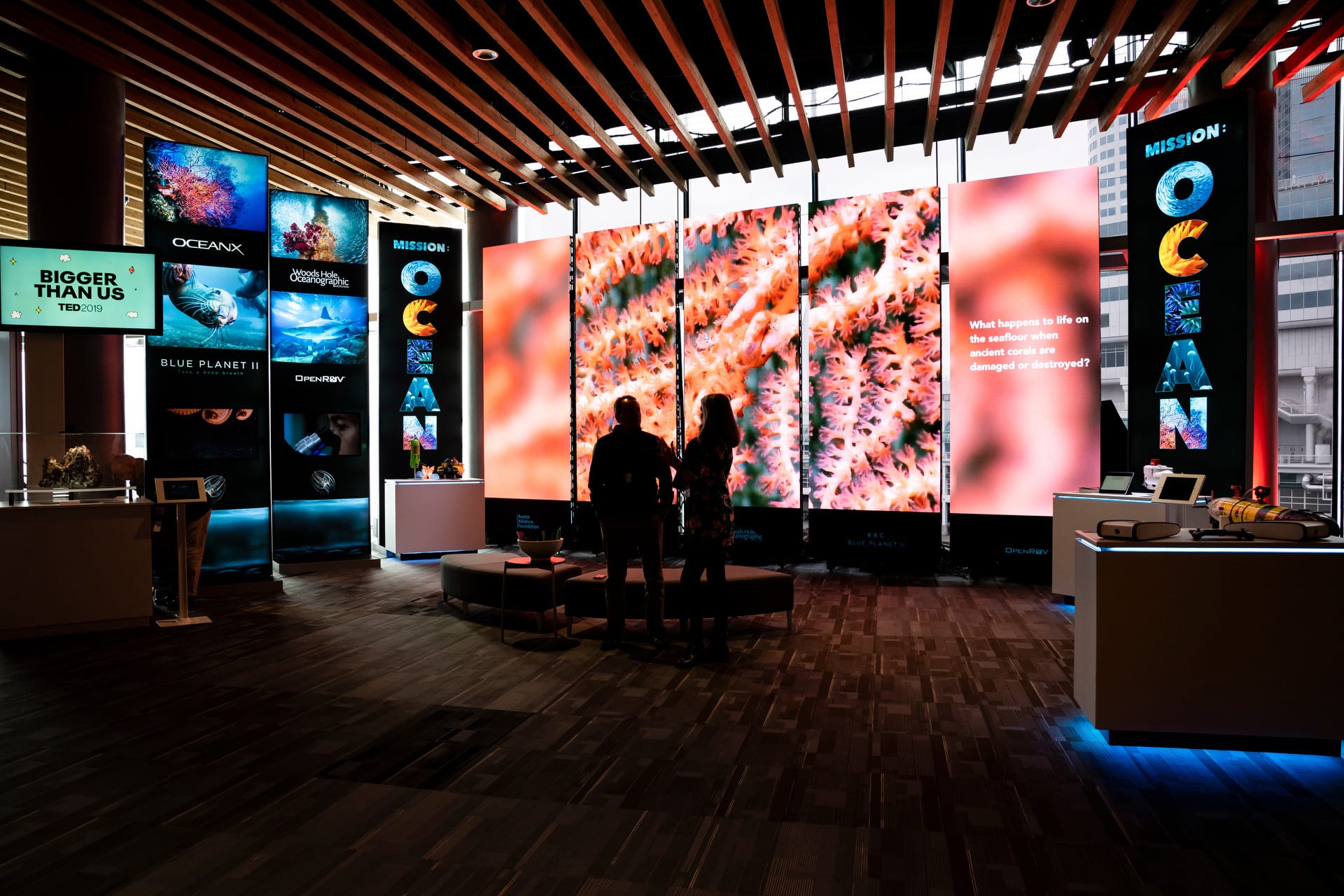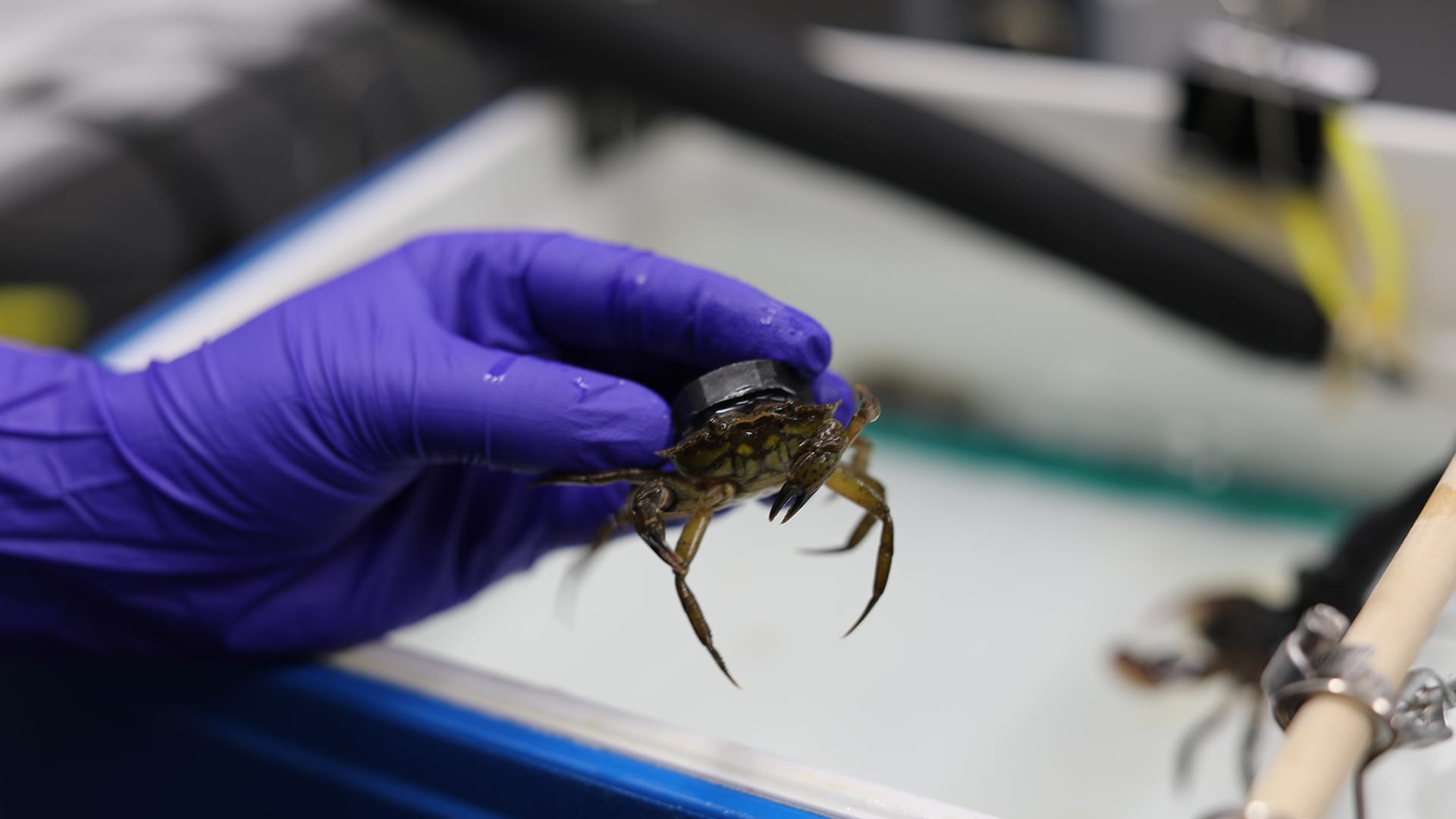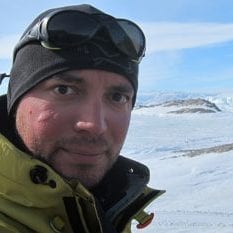News & Insights
WHOI Honors the 50th Anniversary of the Moonwalk
50 years ago, Neil Armstrong became the first person to set foot on another world. Today the WHOI research vessel bearing his name carries on the legacy of exploration and discovery. R/V Neil Armstrong: one giant leap for the ocean.
Read MoreWHOI prepares for 2019 Atlantic Hurricane Season
Researchers deploy autonomous underwater vehicles to improve forecasts By Evan Lubofsky | July 18, 2019 Hurricane Florence. Image courtesy of NASA. With the 2019 Atlantic Hurricane season underway, Woods Hole…
Read MoreHurricane Clues from a Caribbean Blue Hole
Scientists look to sediment cores from Caicos Island to gain insights about a monster, modern-day hurricane.
Read MoreMining climate clues from our whaling past
Climate scientists work with historians to tap weather records from old New England whaling logbooks. They hope to leverage the historical data to gain new insights into modern-day climate conditions.
Read MoreKing Kelp
To help fuel our future energy needs, researchers are sizing up thousands of blades of sugar kelp—a promising source of biofuels—to breed strains that grow larger, heartier, and more abundantly.
Read MoreGlobal Oceans and the Extinction Crisis
WHOI marine biologists Michael Moore and Andrea Bogomolni weigh in on a new United Nations science report suggesting that over one million species are at risk of extinction.
Read MoreFish with Flashlights
Down in the dark and shadowy ocean twilight zone, countless species—bristlemouths, lanternfishes, jellies, and others—rely on bioluminescence for a variety of important functions, including finding their next meal, outsmarting predators, and looking for mates.
Read MoreScientists investigate global spread of stinging jellyfish
New invasions reported in New England and Sweden, prompting researchers to look at a variety of potential causes including transportation, warmer ocean temperatures, and a resurgence of eelgrass.
Read MoreVirgin Island Corals in Crisis
A coral disease outbreak that wiped out nearly 80% of stony corals between Florida’s Key Biscayne and Key West during the past two years appears to have spread to the U.S. Virgin Islands (U.S.V.I.), where reefs that were once vibrant and teeming with life are now left skeleton white in the disease’s wake.
Read MoreUntangling Impacts on Right Whales
Whale scientists look for new ways to mitigate whale entanglements in fishing lines
Read MoreImagining new vehicles for exploration
Andy Bowen is the kind of guy who wakes up in the middle of the night unable to go back to sleep, because he’s just too excited about a solution he’s just imagined for a new robotic invention.
Read MoreSeal Spy
Drones helps WHOI scientist measure the body mass of mother and pup seals during lactation
Read MoreNavigating the Changing Arctic
New, fully autonomous glider will collect critical-but-scarce ice thickness measurements from below the surface of the Arctic ocean.
Read MoreWHOI Collaborates on a “Bigger Than Us” Mission for the Ocean at TED2019
WHOI Deep Submergence Laboratory director Andy Bowen and BBC Blue Planet II producer Orla Doherty talk at the Mission:Ocean exhibit at the TED 2019 annual conference in Vancouver. The immersive…
Read MoreSeeing Green (crabs)
A scientist explores how one of the world’s most resilient invasive species has adapted to new environments
Read MoreWHOI Statement on Recent Wall Street Journal Article
Woods Hole Oceanographic Institution takes claims of a possible cybersecurity breach extremely seriously and continues to maintain the highest state of vigilance against all forms of network intrusion. Despite speculation…
Read MoreONR’s Young Investigator Program Honors Zitterbart
March 19, 2019 The Naval Research (ONR) recognized 25 awardees of the 2019 Young Investigator Program (YIP), which included Daniel Zitterbart, who was recognized for the Development of Next Generation Automatic…
Read MoreWHOI and WHOI Advisor James Cameron Participate in UN Ocean Conference
The Woods Hole Oceanographic Institution (WHOI) joined world leaders and representatives from business, academia, and NGOs this week at United Nations Headquarters in New York for the Ocean Conference— the…
Read MoreRenewable Energy Opportunities and Issues on the Outer Continental Shelf
Porter Hoagland, Research Specialist Marine Policy Center Woods Hole Oceanographic Institution April 24, 2007 I have been asked to discuss the current regulatory structure for offshore wind, wave, and current…
Read MoreFive Years After Deepwater Horizon: Improvements and Challenges in Prevention and Response
April 29, 2015 Christopher M. Reddy, Ph.D., Senior Scientist, Marine Chemistry & Geochemistry, Woods Hole Oceanographic Institution April 29, 2014—U.S. Senate Committee on Science, Commerce & Transportation Salutation Chairman Thune…
Read MoreMichael Moore
» Chasing Bayla: Michael Moore’s quest to free a North Atlantic right whale from fishing gear (The Boston Globe, October 2014) Michael Moore is one of a handful of…
Read MoreDeep Sea Challenge: Innovative Partnerships in Ocean Observing
Dr. Susan K. Avery, President and Director Woods Hole Oceanographic Institution June 11, 2013 – Written testimony presented to the U.S. Senate Committee on Commerce, Science, and Transportation Subcommittee on…
Read MoreNewest Navy Research Vessel Is Named Neil Armstrong
Ship will be operated by Woods Hole Oceanographic Institution September 25, 2012 Secretary of the Navy Ray Mabus announced the nation’s newest research vessel will be named the R/V Neil…
Read MoreWHOI Hosts Public Forum on Climate Change and Global Water Supplies
Drought or Deluge The Ocean and Earth’s Changing Water Cycle Thursday, May 17, 2012 • 7 p.m. Redfield Auditorium at Woods Hole Oceanographic Institution Corner of Water and School Street,…
Read More

